Daily habits are often things we do without really thinking about them. Unfortunately for teeth, there are daily habits that can wreck them. Here are seven habits that can damage your teeth and tips on how to avoid them.
Chewing on Ice, Pencils, or Other Objects
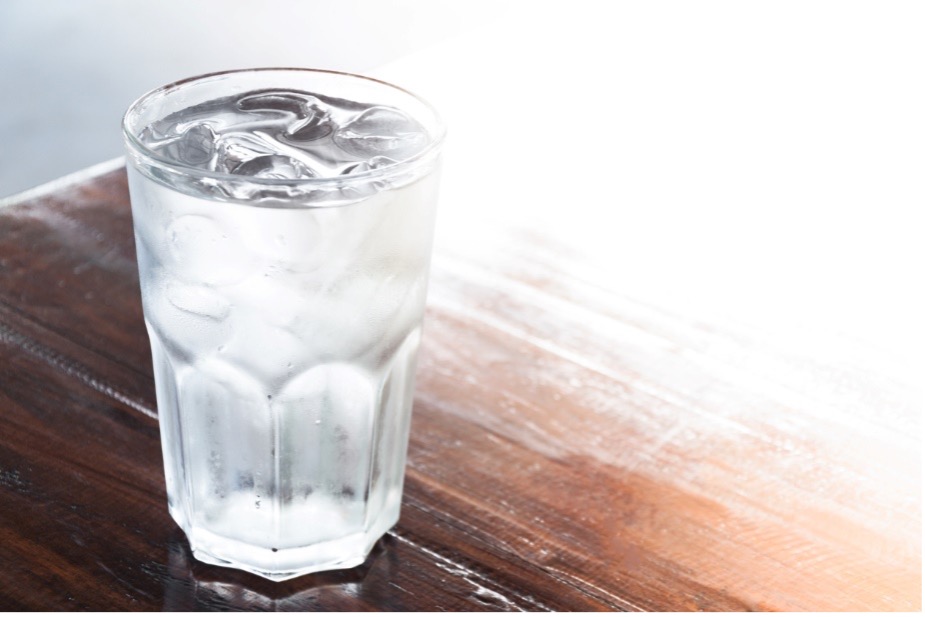
Chewing on ice or other objects may seem harmless, but it can cause damage to your teeth. Chewing on ice can wear away the enamel of your teeth. Ice’s hard, cold texture can cause tiny cracks in your teeth, leading to more significant problems over time. Additionally, chewing on ice can irritate the soft tissue inside your teeth, leading to sensitivity and discomfort. To avoid damaging your teeth, try drinking cold beverages without ice or using a straw to avoid contact with your teeth.
Pens, pencils, fingernails, etc., may not be as hard as ice, but chewing on them and other hard objects can cause damage to your teeth as well. Hard plastics like pens or anything with sharp edges can lead to hairline cracks in the enamel and injure the mouth’s soft tissues.
Chewing ice and other hard objects can create even further problems by damaging existing dental work like fillings, crowns, and veneers. As good as modern dentistry is, there isn’t anything as good as your natural teeth. So, anything you might chew on that could damage your teeth will even more easily damage costly dental work.
If you can’t control the biting, some alternatives for chewing on hard objects are chewing gum or putting pencil toppers on pencils that won’t damage the teeth.
Using Your Teeth as Tools
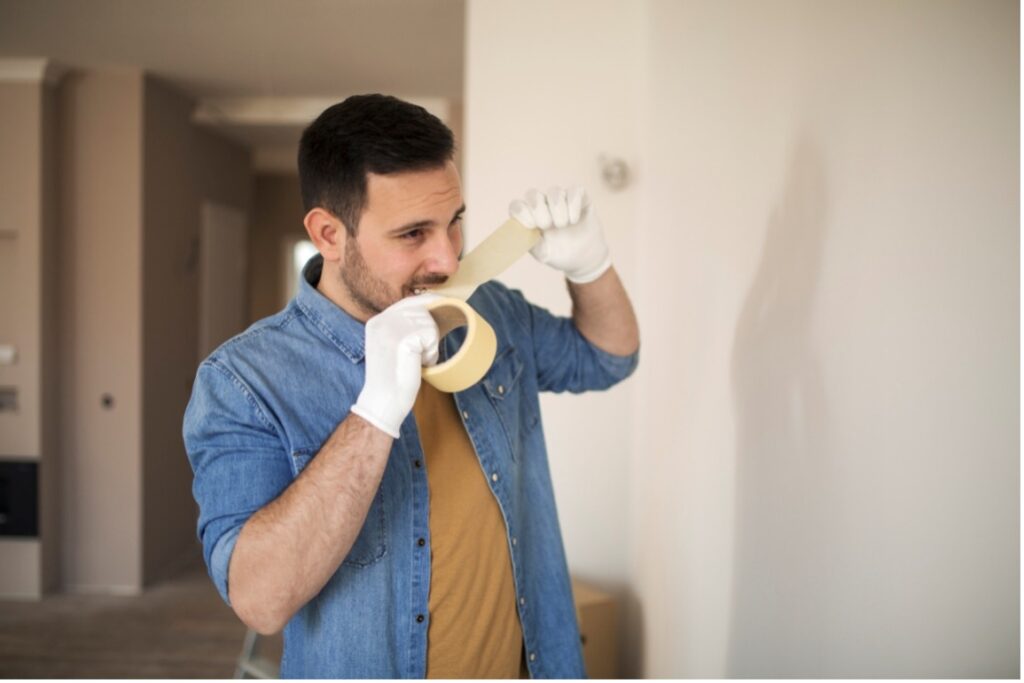
Many people use their teeth to open packages, tear off tags, remove bottle caps, or even crack open nuts. However, using your teeth this way can cause chips, cracks, or breakage. It’s essential to use the right tools for the job and avoid putting unnecessary stress on your teeth. Keep scissors, pliers, and other tools handy to avoid using your teeth as a substitute.
Drinking Acidic Beverages
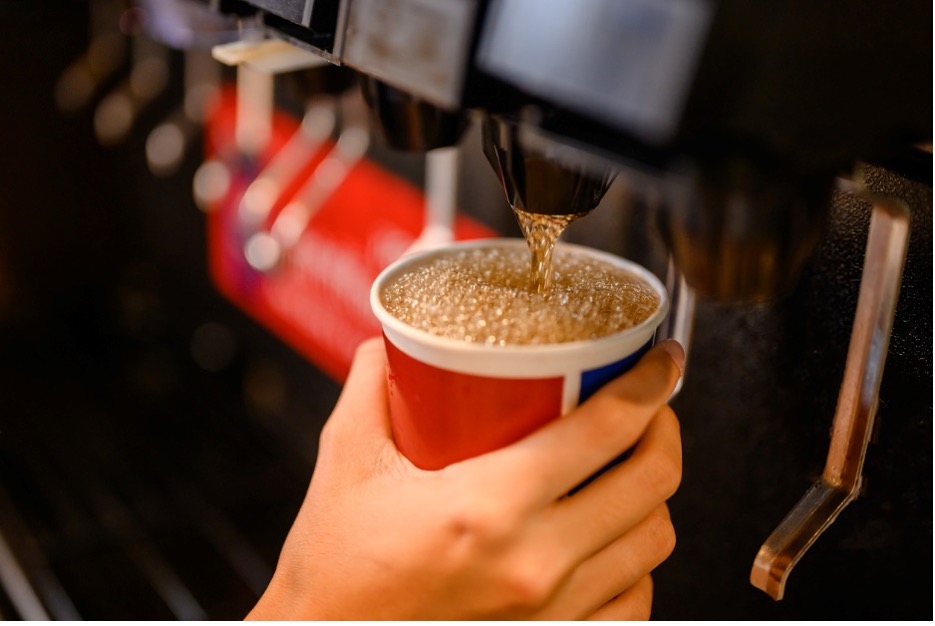
Popular beverages, such as soda, sports drinks, and fruit juices, are highly acidic and can erode tooth enamel over time. This erosion can lead to tooth sensitivity, discoloration, and even cavities. To protect your teeth, limit your consumption of acidic beverages and drink plenty of water to help neutralize the acid. You can also use a straw to minimize contact between the liquid and your teeth.
Chewing on Sticky, Chewy, or Hard Treats
In addition to being high in sugar, chewy and sticky or hard food treats leave particles stuck between your teeth, especially when you are wearing braces. If you do not remove all of the food particles by flossing and brushing, you risk getting cavities. Some examples of these foods are caramels, Starburst, Gummy Bears, licorice, and hard candies. When you want a treat, choose foods that are softer and won’t stick as much to your teeth such as a chocolate bar, pudding, jello, or ice cream. Even though these foods won’t stick to your teeth like chewy treats, you still need to brush after eating treats.
Snacking Frequently on Sugary and Starchy Foods
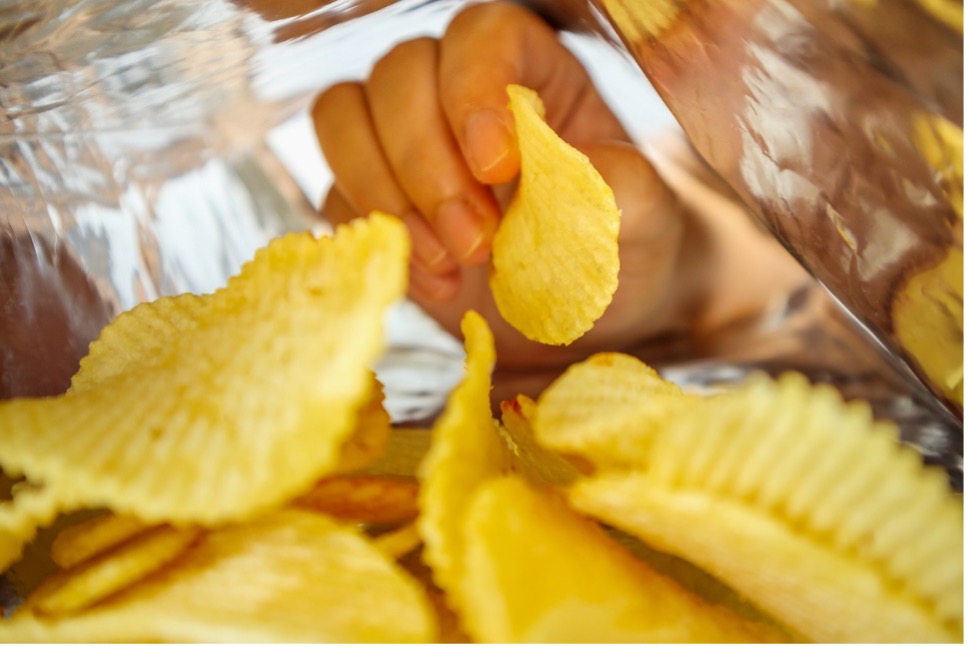
Everyone knows that sugar is bad for teeth. But a daily habit of snacking on potato chips, crackers, and other highly starchy foods is bad for teeth too. Bacteria in the mouth feed on carbohydrates, meaning both sugars and starches. As they feed, they release acids that wash away minerals from the tooth enamel. Frequent acid attacks cause tooth decay which leads to cavities. If you need to snack, go for healthy options like fruits, vegetables, and cheese, and limit snacking to once or twice a day. Drinking water after snacking can also help rinse away any harmful substances.
Not Wearing a Mouthguard When You Play Sports
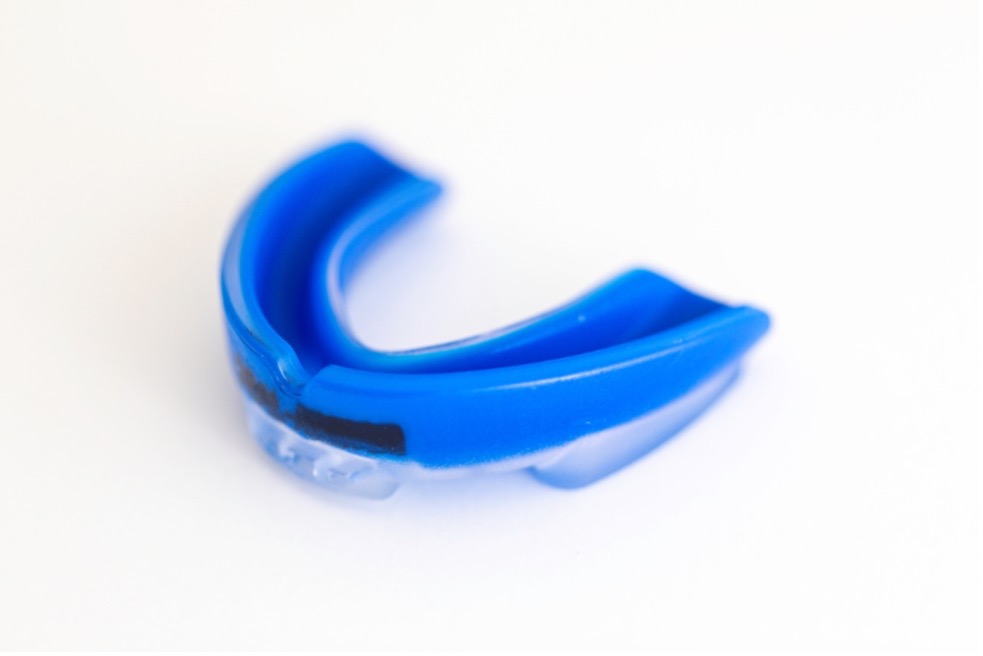
While playing sports, wearing a mouthguard is essential to your safety, even if you play non-contact sports like volleyball, tennis, etc.
Having a tooth knocked out is bad for both children and adults alike. By wearing a mouthguard, you could be saving yourself thousands of dollars and a lot of pain. You can read the article, Knocked Out Teeth, for more information.
Although storebought mouthguards are good and certainly better than nothing, a custom mouthguard is best at staying in place and protecting the teeth. Dr. Cobb makes custom-made mouthguards. These offer the best fit and comfort off all of the options. If you would like to talk about a custom mouthguard, please inquire with Dr. Cobb and his trusted staff.
You can also read our blog, Protecting Your Smile with Mouthguards, for more information about mouthguards and the types you can use.
Grinding Your Teeth.
Grinding your teeth, also known as bruxism, can cause significant damage to your teeth over time. It can wear down the enamel, cause tooth sensitivity, and even lead to jaw pain and headaches.
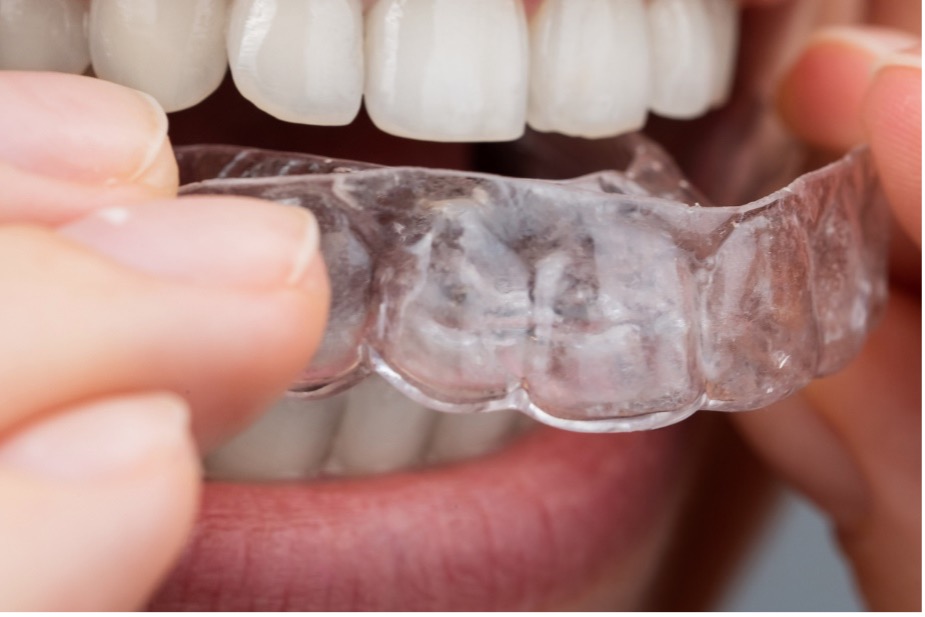
Many people grind their teeth while they sleep, so if you suspect you may be doing this, talk to your dentist about getting a mouthguard to protect your teeth.
Final Words
Breaking daily habits is not easy, but by using the tips above you can break any habits that could be damaging your teeth. Let us know if you need any help protecting your teeth or would like to talk with Dr. Cobb about getting a custom-made mouthguard.
If you are undergoing orthodontic treatment, fantastic! You are on your way to a healthier smile. If you are considering orthodontic treatment, contact us now at either our Greensboro or Randleman offices and schedule a consultation. Every smile starts with an initial consultation!
Dr. Tripp Cobb
Cobb Orthodontics

0 Comments